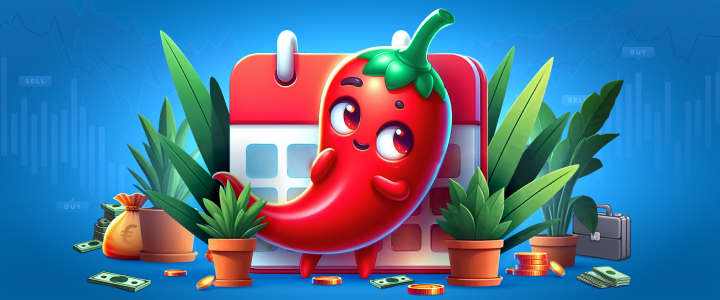Ұзақ мерзімді табысты трейдинг – ашкөз болмау үшін не істеу керек?

Кейін қаржы магнаты төмен деңгейге түседі. Ал фильмнің екінші бөлігінде, 2010 жылы шыққанда, Форбс тізіміне қайта келместен бұрын, Дугластың кейіпкері әйгілі сөзін тағы қайталайды: «Алшылық – жақсы».
Фильмнің соңында Гекко жеңеді. Бірақ аудиторияның оған қатынасы полярлы. Бірі оны теріс кейіпкер деп санаса, енді бірі оң. Дуглас рольді мінсіз атқарды. 1988 жылы ол осы рөлі үшін «Оскар» мен «Алтын глобус» алды. Бірақ «Алшылық шынымен жақсы ма?» деген сұрақ ашық күйінде қала береді.
1. Әркімде алшылық бар
Әр адамда алшылық бар. Алшылық – әлде-де көп нәрсеге деген ұмтылыс: абыройға, күшке, білімге, аумаққа, «аттарға», шоттағы нөлдерге дейін...
Әркімде әртүрлі алшылық бар. Бірақ бәрімізде бір ортақ нәрсе бар: алшылық қолымыздан шыққанда, құлап қаламыз. Ежелгі гректер алшылықты хаостың бастауы, адамдық түнек ретінде қарастырған. Оны жеңу – адамға батырлық сыйлайды. Қазіргі заманда бұл – Гордон Гекко және Уолл‑Стрит аңыздары.
Алшылықпен күреспесеңіз, оның бақылауды қалай әлсірететінін түсінуге тырыссаңыз, өзгеріс бар. Жан‑жақты дамуға жол ашылады, алшылық шағын шағында да тоқтатылады. Сауданың рөлін өзіңізге алып, алшыл жел бұрқақ шағында желкенді дұрыс басқаруға мүмкіндік аласыз.
2. Ұзақ мерзімді сауда да, қысқа мерзімді сауда да бірдей
Сунь Цзы «Сауда өнерінде» былай дейді: «Соғыс жүріп, жеңіс кешіксе, қару-жарақ бүлініп, нұры өлгендей болады. Егер бекіністі ұзақ қоршаған болсаңыз – мықты күшіңіз әлсереді».
Бұл сөздерді Сунь Цзы б.з.д. 6–5 ғасырға атқарады. Сол кезде жаугершілік көп болса да, қазір азайды. Бірақ бұл даналық әскери ғана емес, күнделікті бизнесте де өзекті.
Саудада ең басты ресурс – жүйке жүйесінің энергиясы. Егер ол жеткілікті болса, сауда оңай. Қателіктер тез пайда болады, пайда өседі. Ал нерв энергиясы сарқылса, трейдер алшылдығын ұстай алмайды. Қателіктер мен эмоциялар көбейеді.
«Рекардждан» соң өзін таңғалтып қояды: қалай осынша қателескенмін? Өзіне өкініш білдіреді. Бірақ бұл ендігі кезде мәнсіз. «Артық сауда» күйіне оралса — қателер қайталанады. Бұл сол «ауыр заңы».
Сондықтан ұзақ немесе қысқа жолдардың да айырмасы жоқ. Кез келген сауда түрінде шаршау сезімі келеді. Мұндай кезде ең жақсы жол – демалу. Дамуды сақтап, жаңа трейдинг кезеңіне көтерілу үшін сергіп алу қажет.
3. «Артық сауда» заңынан шығу жолдары
Артық сауданың «заңынан» шығудың екі жолы бар. Біріншісі – автоматтандыру. Сауда жүйесіне сәйкес робот құрылады. Көп адам осылай істейді. Бірақ техникада қиындықтар да бар.
Екінші жол – үнемі тынығу. Бұл күнделікті сауда күндарының уақыты ғана емес, 3‑4 апта сайынғы демалыс, психологикалық тұрақтылыққа байланысты болмақ.
Саудаға ынта күш болса — белгісі жақсы. Бірақ ынта жоғалса, нарық дәм бермей бастаса — «артық сауда» аумағына ендіңіз. Жүйке жүйеңізді тезірек қалпына келтіріңіз.
